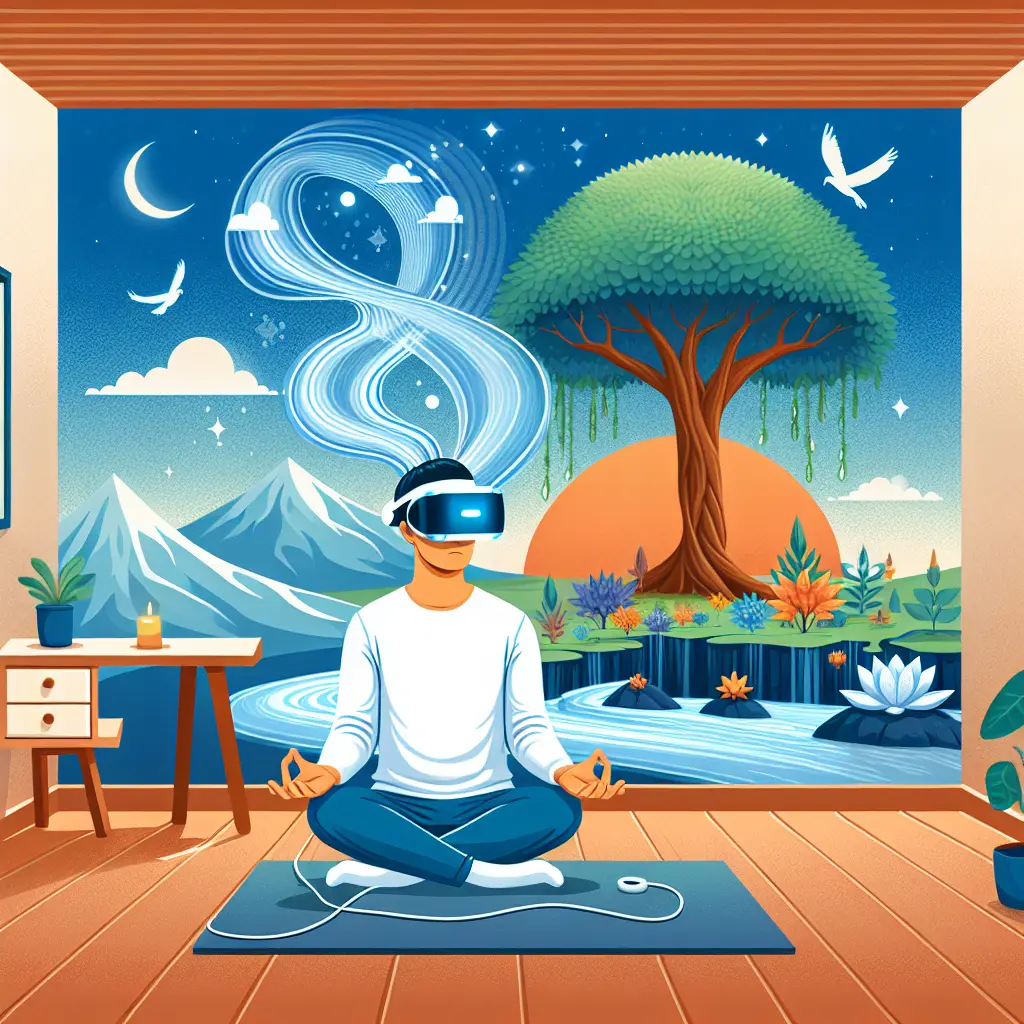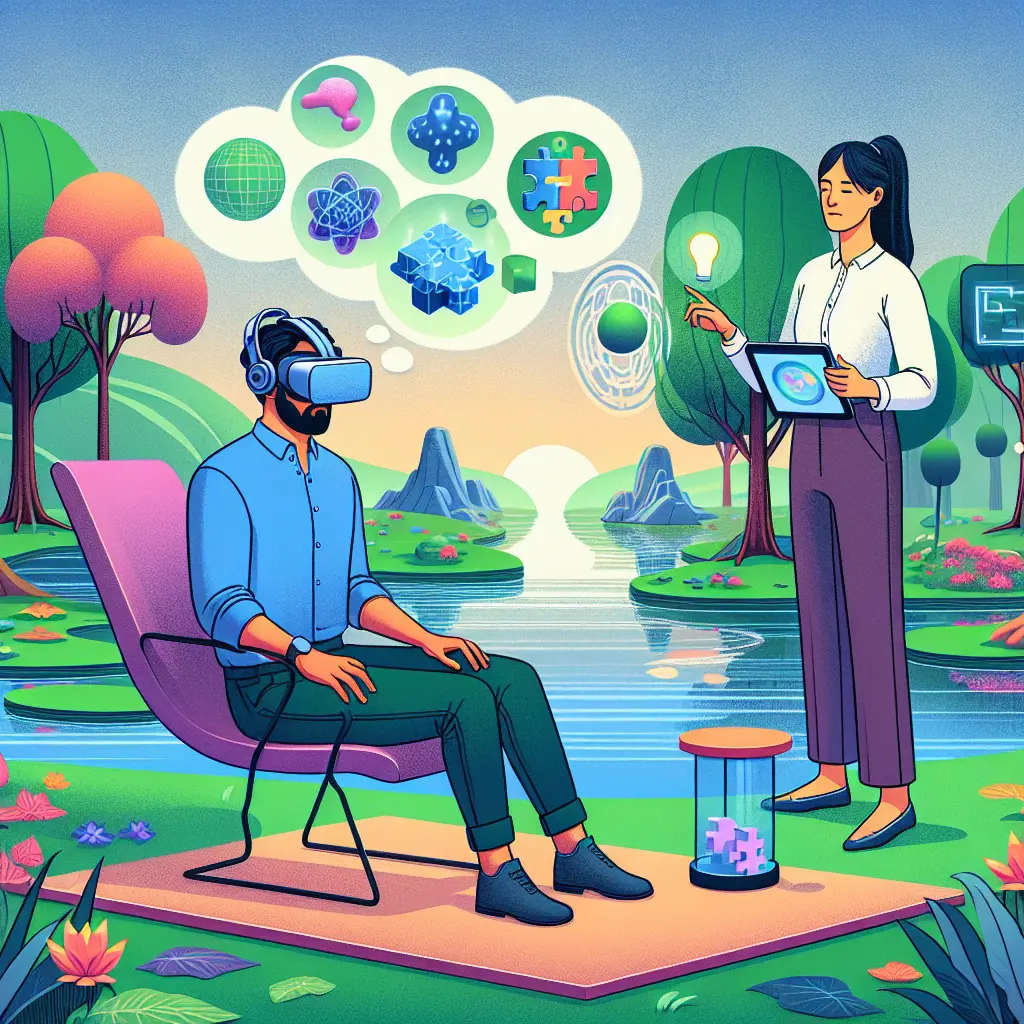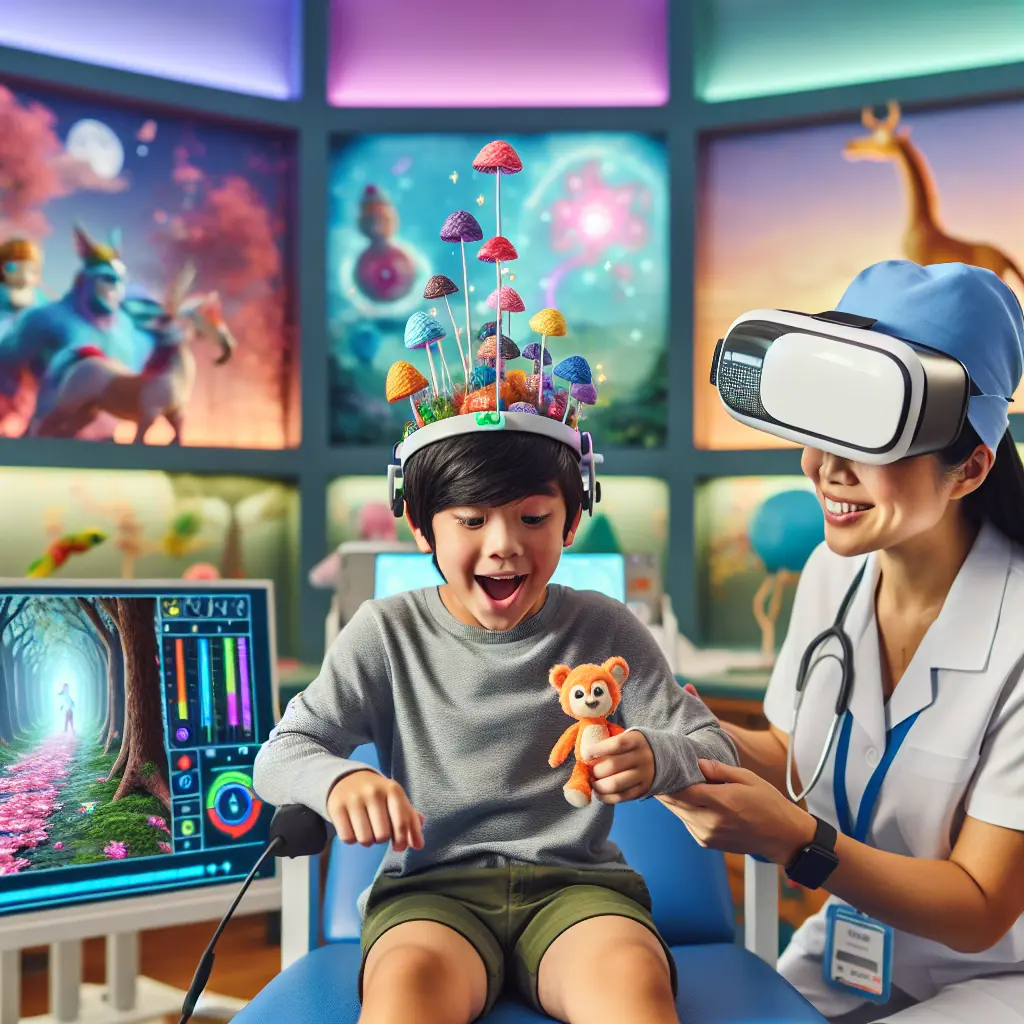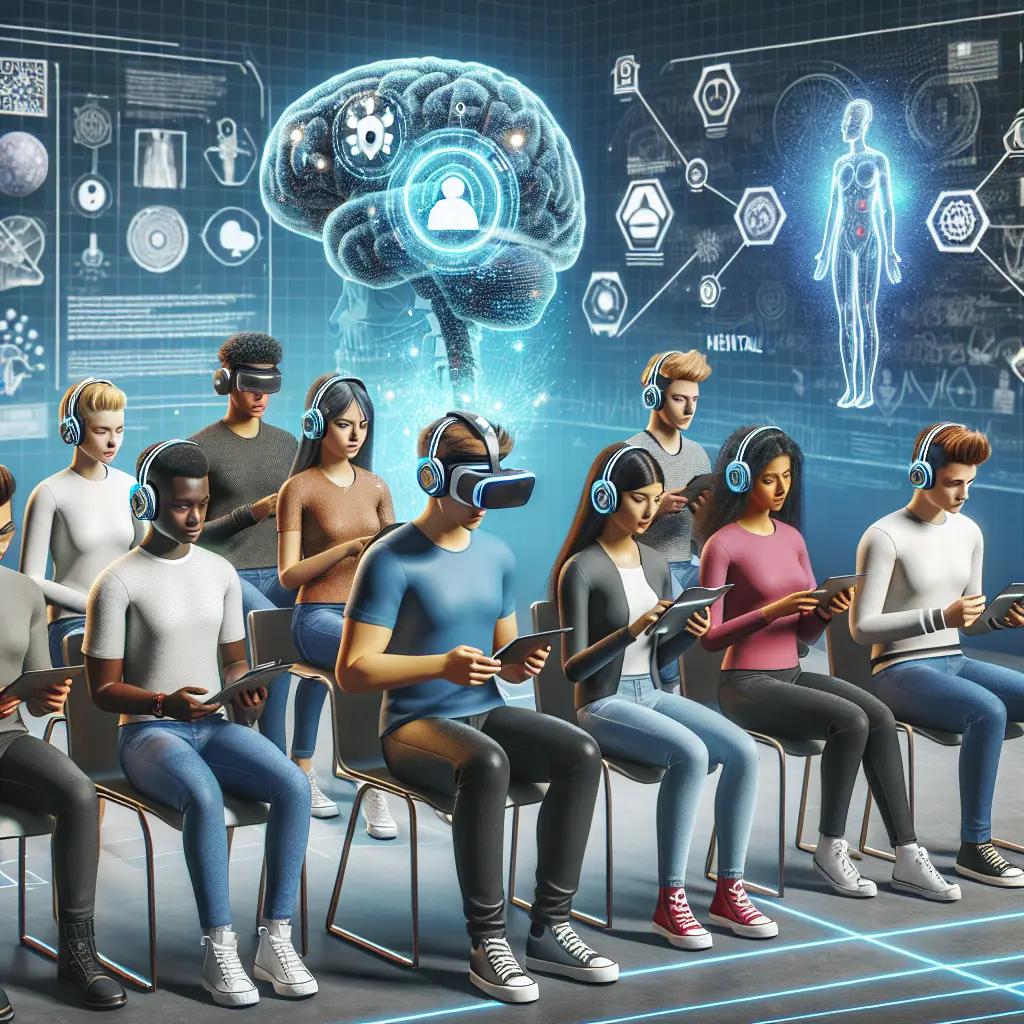In an era where technology continually reshapes our lives, virtual reality therapy emerges as a transformative tool in the realm of mental health support. As individuals navigate the complex journey of grief and loss recovery, VR therapy for grief offers an innovative approach that is gaining traction among professionals and individuals alike. The integration of virtual reality for loss recovery signifies a pivotal advancement in how we perceive and approach emotional healing.
Virtual reality counseling provides an immersive experience that allows individuals to engage in healing through virtual reality, offering them a safe space to process their emotions. This form of digital therapy for grief leverages the benefits of VR therapy sessions to foster emotional resilience and facilitate a deeper understanding of personal grief journeys. By harnessing the potential of VR mental health support, users can explore personalized virtual reality healing techniques that align with their unique emotional needs.
Technology in grief therapy is revolutionizing traditional methods, offering VR therapeutic experiences that are both interactive and deeply empathetic. Virtual reality wellness programs are designed to create an environment where individuals can find solace and comfort, promoting VR emotional support that aids in grief recovery with VR. These advanced grief therapy techniques highlight the significant role of virtual reality in healthcare, showcasing its potential as a powerful ally in emotional healing.
As we delve into the intricacies of VR for emotional healing, we uncover a new dimension of immersive therapy for grief that promises to redefine the landscape of mental health treatment. Join us as we explore how virtual reality is paving the way for innovative solutions in grief and loss recovery.
Virtual reality therapy is increasingly recognized as a groundbreaking modality in the field of mental health, particularly in the context of grief and loss recovery. As we navigate through 2024, this innovative approach continues to evolve, offering new possibilities for those seeking support during their most challenging times. Let’s delve into how virtual reality therapy is transforming the landscape of grief recovery, highlighting its benefits, applications, and the compelling evidence supporting its use.
Transforming Grief Recovery with Virtual Reality Therapy
The integration of virtual reality (VR) in mental health support marks a significant leap forward in how we approach grief recovery. By offering immersive experiences, VR therapy for grief allows individuals to process their emotions in a controlled and safe environment. This form of digital therapy leverages advanced technology to create scenarios that facilitate emotional resilience and understanding. One such example is the study published by the American Psychological Association, which demonstrated that VR therapy sessions significantly reduced symptoms of grief and depression in participants over a 12-week period.
Benefits of Virtual Reality Therapy
Immersive and Personalized Experiences: Unlike traditional therapeutic approaches, VR offers an immersive environment where users can engage with personalized scenarios tailored to their emotional needs. This customization is crucial in addressing the unique aspects of each individual's grief journey.
Safe Emotional Exploration: VR therapy provides a secure space for individuals to confront difficult emotions. The ability to pause, replay, or alter scenarios helps users gain control over their emotional responses, thereby fostering healing through virtual reality.
Increased Engagement and Accessibility: With the rise of virtual reality wellness programs, therapy becomes more accessible to those who might otherwise find it challenging to engage with traditional therapy. These programs often include VR therapeutic experiences that are both interactive and empathetic, enhancing user engagement and participation.
Supportive Community and Resources: Many VR platforms now incorporate community features where individuals can share experiences and resources, promoting VR emotional support among users. This sense of community can be incredibly comforting during the grief recovery process.
Virtual reality in healthcare is not just limited to basic simulations; it encompasses advanced grief therapy techniques that are continuously being developed and refined. For instance, VR mental health support platforms are increasingly utilizing biofeedback mechanisms to tailor therapeutic experiences according to the user's physiological responses. This integration ensures that therapy sessions are not only emotionally resonant but also physiologically attuned to the individual’s state of being.
One notable case study involves the use of VR therapy by Grief Support Network, which introduced a pilot program using virtual reality counseling for bereaved parents. Participants reported feeling a sense of closure and peace after interacting with virtual representations of their lost loved ones, an experience that traditional therapy could not replicate.
Recent Developments and Research
As of 2024, numerous studies have highlighted the efficacy of VR for emotional healing in grief recovery contexts. A recent meta-analysis by the Journal of Virtual Reality Therapy reviewed several trials where VR was used for grief therapy, concluding that participants experienced a 30% greater reduction in grief-related symptoms compared to those receiving standard care.
Furthermore, technology in grief therapy has seen innovations such as AI-driven avatars that simulate conversations with lost loved ones or mentors. These simulations, powered by advanced algorithms, provide realistic interactions that aid in processing unfinished business or unresolved emotions.
While the benefits of virtual reality healing techniques are clear, it's essential to consider potential barriers and ethical considerations. Accessibility remains a concern, as not all individuals may have access to the necessary technology or internet connectivity required for VR therapy sessions. Additionally, there's ongoing debate about the ethical implications of creating hyper-realistic simulations of deceased loved ones.
However, initiatives like Virtual Grief Recovery are working to address these challenges by providing subsidized equipment and training programs for therapists, ensuring wider access to these transformative tools.
Looking forward, the potential for VR therapy in grief recovery is vast. With continuous advancements in technology, we anticipate even more sophisticated applications that integrate machine learning and data analytics to further personalize and enhance therapeutic experiences. The future of virtual reality mental health is poised to redefine traditional therapeutic boundaries, offering deeper, more meaningful healing opportunities.
In conclusion, as we continue to explore the realm of immersive therapy for grief, it is clear that virtual reality stands as a powerful ally in emotional healing. By embracing these technological advancements, we can offer more effective support to those navigating the complex journey of grief and loss recovery.
In summary, virtual reality therapy is revolutionizing the field of grief recovery, offering unique and impactful approaches for emotional healing. Key highlights of VR therapy include:
Immersive and Personalized Experiences: VR provides tailored scenarios that cater to individual emotional needs, enhancing the therapy's effectiveness.
Safe Emotional Exploration: This technology offers a controlled environment to explore complex emotions, promoting healing and emotional resilience.
Increased Engagement and Accessibility: With VR's rise in wellness programs, therapy becomes more accessible and engaging for diverse users.
Supportive Community and Resources: VR platforms often include community features that foster shared experiences and support among users.
Additionally, innovations such as biofeedback mechanisms and AI-driven avatars further enhance the therapeutic potential of VR by aligning emotional and physiological responses with therapy goals. While there are challenges, including accessibility and ethical considerations, initiatives are underway to overcome these barriers, making VR therapy more widely available.
As we look to the future, the continued evolution of VR technology promises even greater personalization and efficacy in grief recovery. This transformative tool not only reshapes traditional therapeutic boundaries but also offers deeper healing opportunities for those navigating grief.
We invite you to reflect on how technology has impacted your healing journey or share your thoughts on the potential of VR therapy in the comments below. Your insights could inspire others seeking new paths in their recovery journey.










Leave a Comment